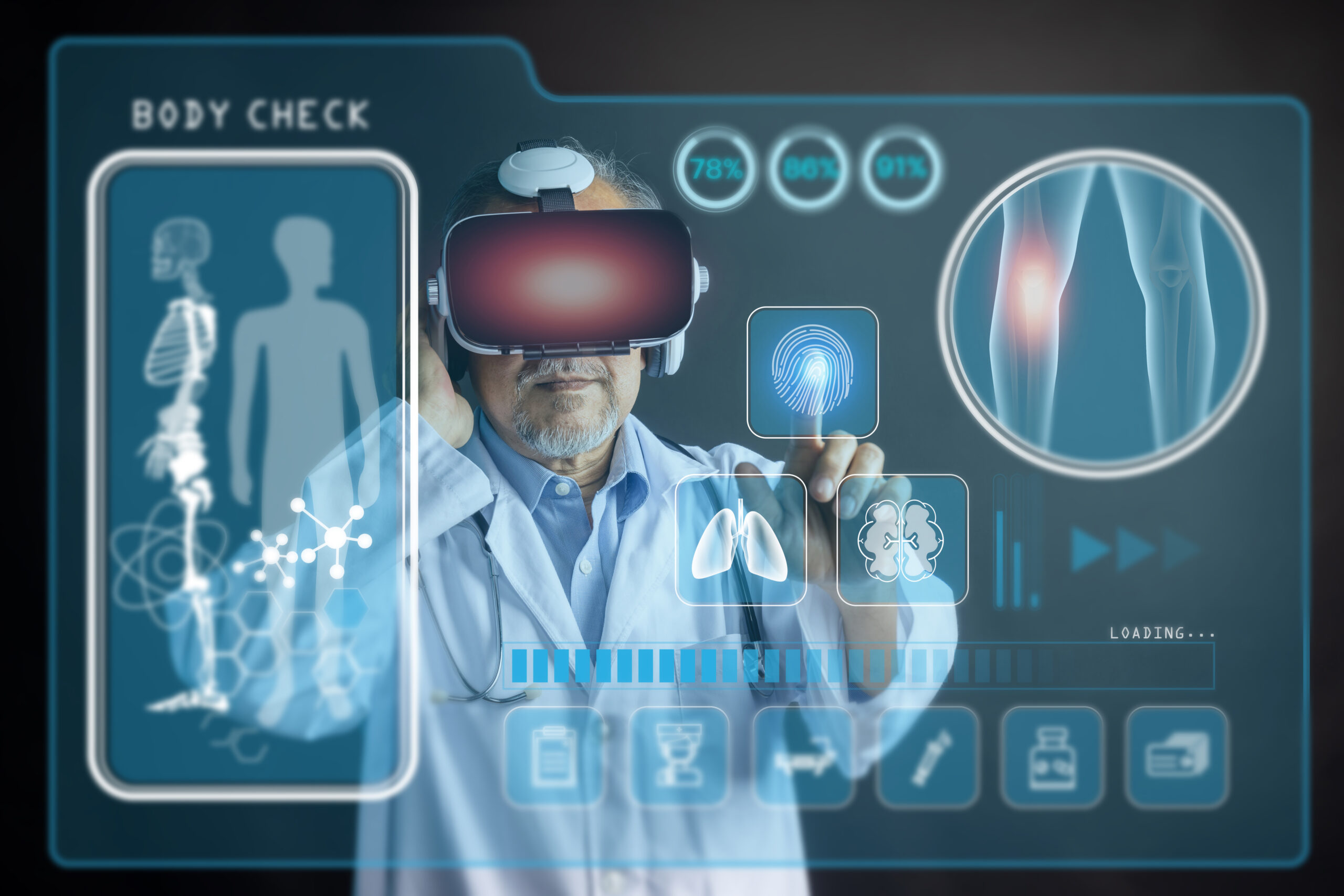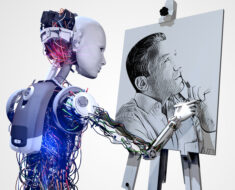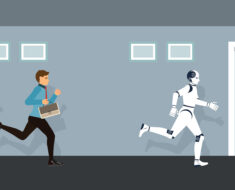The stock market, once a cacophony of shouting brokers and teletypes, now hums with the quiet whirring of algorithms and the steady blink of servers. Artificial intelligence (AI) has entered the arena, transforming the realm of finance from a human chess match into a data-driven dance with an invisible partner.
Gone are the days of gut instinct and whispered rumors. Today, AI algorithms sift through mountains of data, crunching numbers at hyperspeed, and unearthing patterns invisible to the human eye. They analyze historical trends, news sentiment, social media buzz, and even satellite images to predict market movements with a precision no human analyst can match.
This algorithmic dance holds immense potential. In the high-frequency trading realm, AI bots shave milliseconds off execution times, capitalizing on fleeting market inefficiencies with ruthless efficiency. For long-term investors, AI algorithms build complex models, factoring in geopolitical risk, economic forecasts, and company fundamentals to identify undervalued gems with uncanny accuracy.
But is the rise of the cyborg investor a cause for celebration or alarm? While AI’s ability to analyze data surpasses human limits, it lacks the nuanced understanding of human behavior, the intuitive grasp of sentiment, and the adaptive agility that comes with experience. Algorithms can fall prey to data biases, perpetuating existing inequalities and amplifying market bubbles. Their cold logic can lack the foresight to navigate unexpected events, potentially exacerbating crashes when the proverbial black swan lands.
The true power of AI lies not in replacing human intuition, but in augmenting it. AI should be seen as a co-pilot, constantly providing fresh insights, analyzing data beyond human comprehension, and offering alternative perspectives. The final decision, however, must remain in human hands, guided by wisdom, ethics, and a healthy dose of skepticism.
The future of the stock market won’t be solely populated by emotionless algorithms, but by a dynamic partnership between human intuition and AI’s computational might. In this partnership, humans provide the context, the understanding of the human element, and the ethical grounding, while AI offers its unparalleled data-processing power and pattern recognition. When these two forces converge, the result could be a golden age of investment, where informed decisions pave the way for stable growth and shared prosperity.
But be warned, the stock market is not a game for the naive. Just as an amateur pilot wouldn’t blindly trust the autopilot, investors must understand the limitations of AI and approach its output with a critical eye. The cyborg investor is a powerful tool, but like any tool, it can be wielded for good or ill. The responsibility lies with us to ensure that AI’s dance in the stock market arena benefits all, not just a select few.
So, the next time you check your portfolio, remember, you’re not just facing the market, you’re facing a complex ecosystem where human intuition and AI’s cold logic are locked in a perpetual negotiation. This is the true essence of the cyborg investor – a fascinating dance with an invisible partner, one that holds the promise of revolutionizing the way we navigate the ever-uncertain tides of the financial world.





